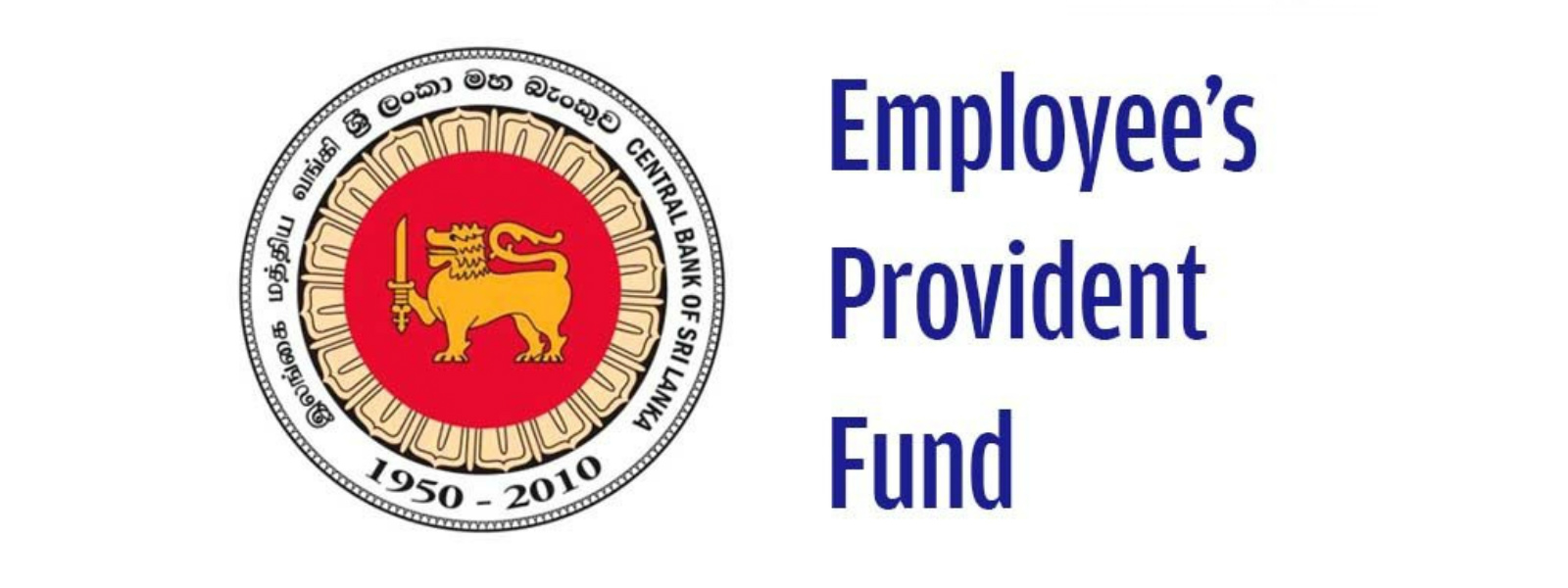.webp)

EPF continues to suffer massive losses : CBSL Data
Colombo (News 1st); Central Bank data claims the Employees’ Provident Fund suffered massive losses, totaling Rs 39.08 billion by the end of first-quarter of 2020.
The EPF is currently the largest Social Security Scheme in Sri Lanka and the fund suffered massive loses by investing in listed and unlisted entities in the Colombo Stock Exchange.
Taking this into consideration, measures have been taken to reduce EPF investments in the Colombo Stock Exchange to 03% of the total fund.
Reports suggest the EPF had invested over Rs. 84.05 billion in 83 listed equities, but as at the end of the first quarter of 2020, its market value dramatically reduced to Rs, 44.97 billion.
The EPF also invested Rs 9.6 billion in eight unlisted entities, but their value has now come down to Rs 9.1 billion.
The EPF has lost Rs 205 million due to the licence cancellation of The Finance Company.
It should be noted, the total value of the Fund stood at Rs 2,540.4 billion at end-2019.
The looting of the fund which was set up to assure financial stability to the employee in the winter of life and to reward the employee for his or her role in the economic growth of the country, was taking place for many years.
The Employees Provident Fund (EPF) was established under the Act No. 15 of 1958 and it started investing in the Colombo Stock Exchange since 1998.
During the tenure of Former Central Bank Governor Ajith Nivard Cabraal, that's from 2010, more than 05% of the total fund was invested in the Colombo Stock Exchange.
It was during this time the “pumping and dumping" of shares took place where profits were shared among a selected few who were controlling the market.
For "pumping and dumping" to take place, companies were listed in the Colombo Stock Exchange and the share value of these companies were artificially increase using various means.
At most occasions well-known politicians and their families were used to host grand events for the launch of some of these companies.
Thereafter, a group of few hands purchased the shares in seconds and created an artificial increase of the share value.
It was communicated to the players in the market as a good investments and the "pumping and dumping" scheme saw to that these shares are sold at high prices to various investors.
At most occasions, the Employees Provident Fund was the sacrificial lamb for this corrupt scheme.
Some of these companies were poultry farms with no chickens, hotel chain with no building to its name and property development companies with no land to its portfolio.
The money from the Employees Provident Fund lined the pockets of a very few as its monies were investments in companies which only existed on a placard, and this resulted in some small time investors committing suicide as well.
The Government of Good Governance launched investigations into the corrupt practices of the Stock Exchange committed during the Cabraal Era of 2010 to 2015, however nothing happened.
Instead, the EPF was looted once more through investments made in government securities.
When Ranil Wickremesinghe was appointed as the prime Minister, he moved the Central Bank of Sri Lanka under his purview and appointed his close friend Arjuna Mahendran as Governor.
Weeks after the appointment an auction took place at the Central Bank which benefited the company of Arjuna Mahendran's Son-in-Law Arjun Aloysious
The Presidential Commission of Inquiry appointed to investigate the Central Bank Treasury Bond Issue in its report pointed out the although the EPF had substantial available for investment on many of the Auctions of Treasury Bonds from 2015 to mid-2016, the EPF had not used these available funds to place Bids at these Auctions.
But, the EPF had purchased, in the Secondary Market, from Perpetual Treasuries Ltd, the same Treasury Bonds that
were offered at those Auctions, but at higher Prices.
The report showed PTL made gains of over 08.5 Billion Rupees by selling bonds to the EPF in the secondary market where as the EPF lost the opportunity of making a profit as it purchased a majority of bonds in the secondary market at a very high price from PTL as opposed to direct purchase in the primary market for a low price.
Other Articles
Featured News





.png )










-819380_550x300.jpg)


-812087_550x300.jpg)
-810262_550x300.jpg)
















.gif)